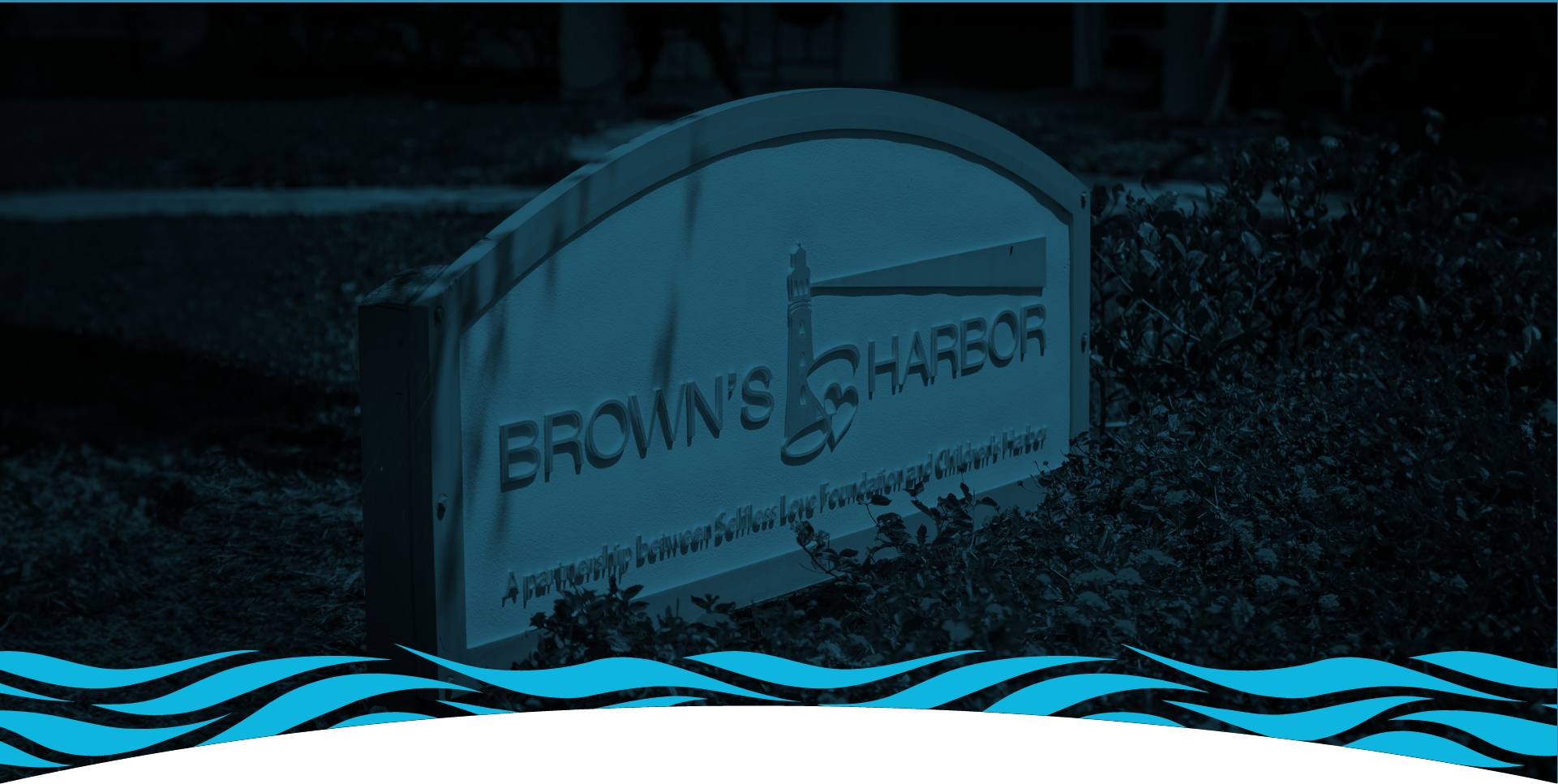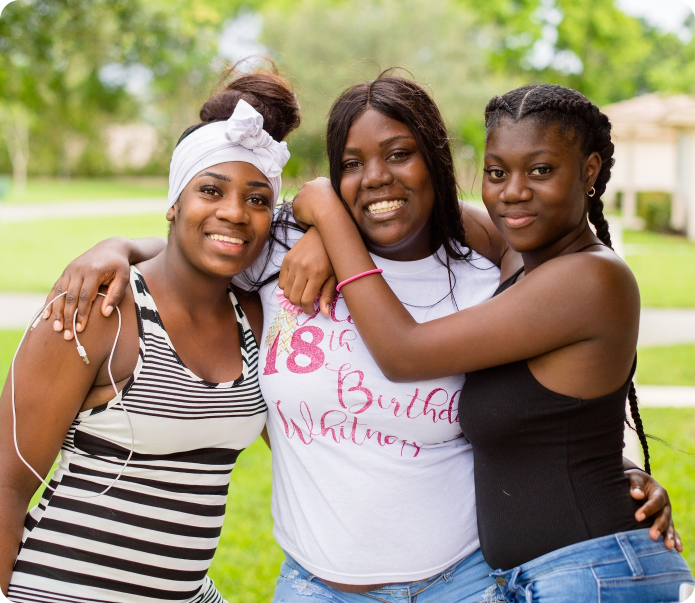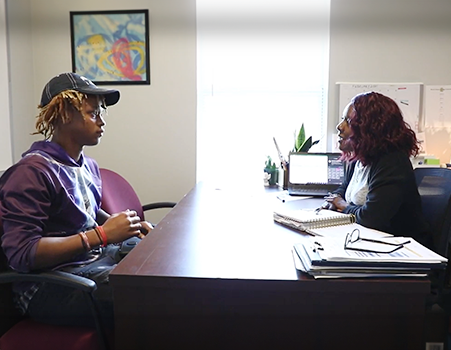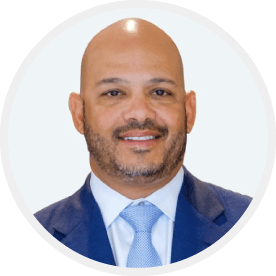Benefactors Ashley and Ed Brown and their nonprofit, Selfless Love Foundation, the City of Pembroke Pines, ChildNet, and Children’s Harbor, came together to provide these youth with beautiful, affordable apartments, on-site support and guidance, and most importantly, a vibrant community where they feel they belong. Visit selflesslovefoundation.org to learn more.

INDEPENDENT LIVING PROGRAMS
BROWN'S HARBOR
Brown’s Harbor is a uniquely designed supportive housing program for youth, ages 18-23, who are transitioning out of the foster care system. Our program provides beautiful, affordable apartments, on-site support and guidance, and most importantly, a vibrant community where they feel they belong.
It doesn't take long for a young adult to realize that they aren't as ready as they thought they were to be “free.”
On their 18th birthday, rather than step out into the world alone, our kids have the opportunity to transition to Brown’s Harbor, a supportive housing program for youth ages 18-23 who are transitioning out of the foster care system.
- 1/2 will struggle with substance abuse.
- 50% will have some form of gainful employment by the age of 24.
- 3% will earn a college degree at any point in their life.
- 80% struggle with major depression and anxiety, compared to approximately 20% of their peers.
- 7/10 girls will be single moms before the age of 21.
- 75% of girls will need to receive government benefits just to meet their basic needs.
- 1/4 will age out and still struggle with PTSD due to the trauma they have faced.
Our Independent Living Team
- Utilizes the Transition to Independence Process (TIP) Model. This youth-driven framework focuses on guiding young adults to improve their real-life outcomes across transition domains such as education, employment, career, housing, and community life functioning.
- Promotes self-sufficiency and independent living outcomes by helping young adults obtain high school diplomas or GEDs, pursue additional education, and discover employment opportunities, depending on their interests.
- Assists our young moms in registering for other supports such as child care, Medicaid and Supplemental Nutrition Assistance Program so they can access regular medical care, including developmental screenings.
- Success Coaches meet weekly with each young adult to specifically focus on financial literacy, career planning and employability skills so they can develop the hard and soft skills needed to position themselves to a higher level of employment. Together, they develop an individualized success plan that helps focus each young adult on long-term goals and self-sufficiency.
Annual Partner:

Benefactors Ashley and Ed Brown and their nonprofit, Selfless Love Foundation, the City of Pembroke Pines, ChildNet, and Children’s Harbor, came together to provide these youth with beautiful, affordable apartments, on-site support and guidance, and most importantly, a vibrant community where they feel they belong. Visit selflesslovefoundation.org to learn more.









































